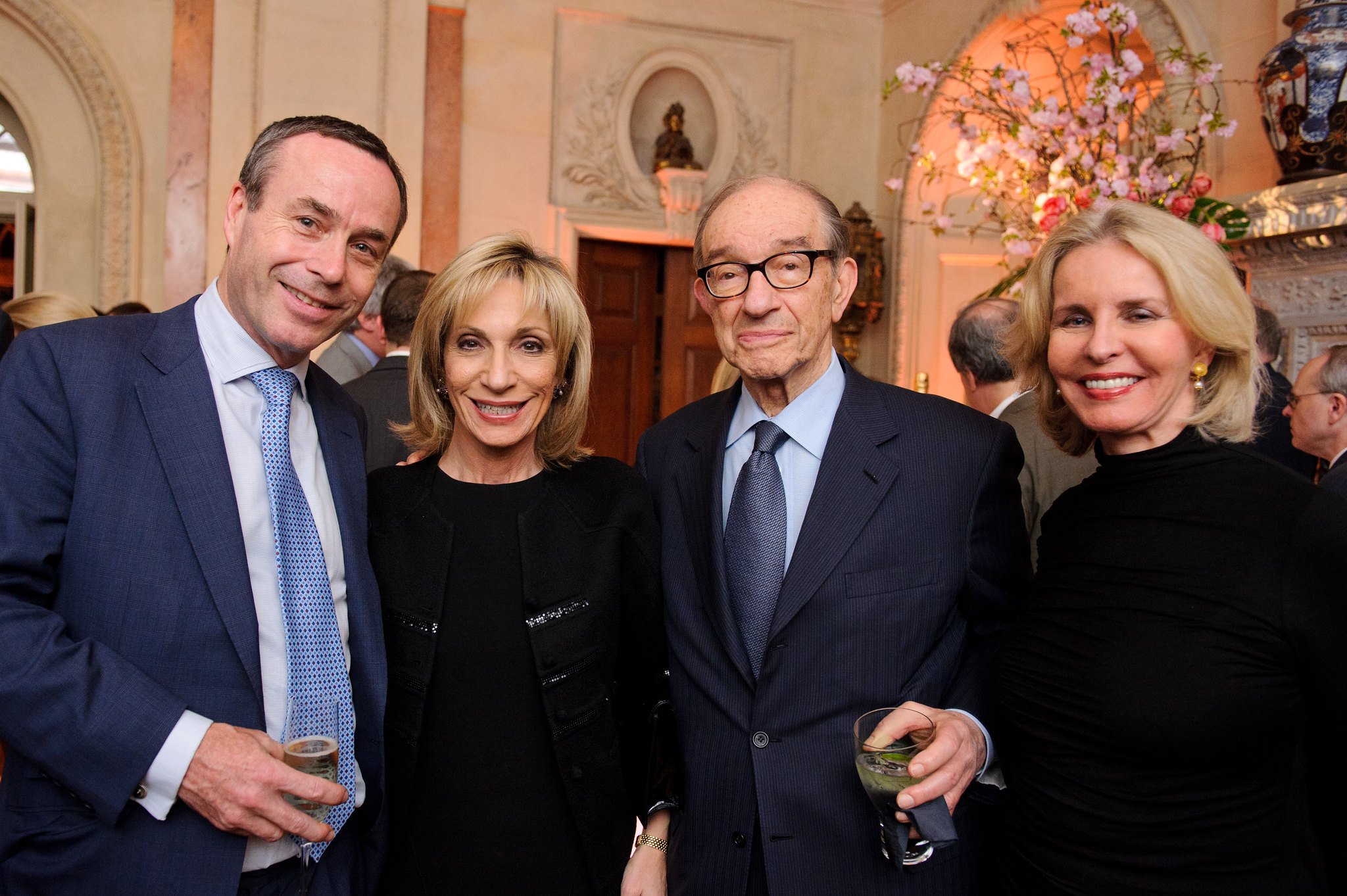In a lengthy Washington Post magazine story posted today, Sally Quinn pronounces Washington’s elite social scene dead. The culprits, in her telling, are many: A succession of presidents who wanted little to do with permanent Washington’s social class; a polarized political environment where fewer people want to make friends with the other side; a cultural and economic change wherein power-class DC types typically marry power-class spouses, leaving them too overworked to regularly attend fancy dinners, much less host them.
Quinn is a longtime fixture and convener of that scene, and her piece will likely be met with derision by people who disdain the idea of an A-list and who love to pick on the media figure most associated with it. And it’s true that there’s a lot for critics to disfavor about the old insider class. The much-lamented era of bipartisan social comity often came at the cost of ignoring social inequality, engaging in disastrous foreign-policy groupthink, and excluding people who lacked the right credentials—not to mention excusing truly atrocious personal behavior by members of the elite.
Complicating matters for critics, Quinn’s essay cops to a bunch of this, noting the overwhelmingly white population of party-goers and the antifeminist politics of hostess-ing, among other things. And, rather than being a clueless lament for the elitist glory days, it ends in a covid-era epiphany of sorts, as she realizes that what she really missed while riding out the lockdown at her Maryland farm was intimacy with friends: “The big cocktail parties — especially the official ones, where you grab a drink, do a quick tour of the room and make small talk — have lost their cachet. They’re not fun. And if we’ve learned anything in the past year, it’s that we want to cherish every minute.”
Of course, there’s ample reason to assume predictions of doom are overstated. By this point, the bipartisan Beltway social scene seems a bit like Saturday Night Live: It’s always been not as good as it used to be. Quinn’s original piece asserting that feminism killed the Washington hostess ran in 1987. DC worthies have been lamenting the social profiles of presidential hangers-on even longer, from the Carter crowd (Georgia rubes) to the Clintonites (institution-disrespecting boomers) to the Obamans (Quinn says they took their antisocial cues from the cold-fish president). The Obamans and the Clintonites, of course, claimed the real issue was just that they didn’t want to hang out with Quinn’s crowd.
I suspect the truth of the matter has less to do with politics than with money and exhaustion. If workaholic Washingtonians with workaholic spouses have less bandwidth to throw or attend the full-dress dinner party, the same is likely true in Los Angeles or New York or anywhere else—less about the social scene being over than about it morphing, perhaps into something less curated and expensive and mannered, the same way one-hour scripted network dramas gave way to reality TV, and often for similar reasons.
And yet, whatever form the business-meets-pleasure-meets-ambition socializing takes, it persists. You’ll never go broke betting against the idea that enterprising Washington types will want to do social pirouettes where other insiders can see them.
Time will tell whether all of our lockdown realizations about What Really Matters will actually last. I have my doubts, and not just because I think the urge to self-promote will triumph over the high-minded desire to be genuine. Personally, I found myself staying in good touch with true-blue intimates during the pandemic. The people I miss seeing are friendly acquaintances, the ones good for a laugh or a conversation or even a quick bit of gossip. The kind I might encounter at, say, a tour-the-room, small-talk gathering, whether that’s the insider-cocktail-circuit variety or merely the fall-fair-at-the-neighborhood-
But so long as we’re mourning the Washington A-list social scene, and so long as haters will dance on its well-appointed grave, Quinn’s piece also describes a surprisingly noble end to the carnival. Where Quinn says presidential cues from Obama diminished the allure of insider kibitzing, the disdain she describes for Obama’s successor is much more substantive—an unusual thing in a social environment that prided itself on inviting notables of all ideological stripes to the table. “The D.C. establishment simply viewed the Trump people as an occupying army,” she writes. (To be clear, it’s the racism and sexism and personal nastiness that are front and center, not the views on upper-income taxes or the Affordable Care Act.) As she describes the grim holiday party circuit of 2019, it’s clear that this disdain never ended.
Today, this all seems inevitable, but it’s easy to forget that it didn’t seem that way in 2017. In the early days of the Trump administration, it was actually possible to imagine a social revival of sorts. On the one hand, you had a bunch of one-percenter appointees, people familiar with the gala circuit in Manhattan and elsewhere. On the other hand, you had a Washington social elite who had been on the bench for years. Could there be a marriage of convenience? The Washington party-throwers faced a tug of war in their souls, pitting their genuine disdain for the Trumpies’ politics against permanent Washington’s 200-odd year history of tropism towards power.
I would have bet on the tropism winning. That turned out not to be the case. So if the scene is indeed dead, it went out on a high note.



















